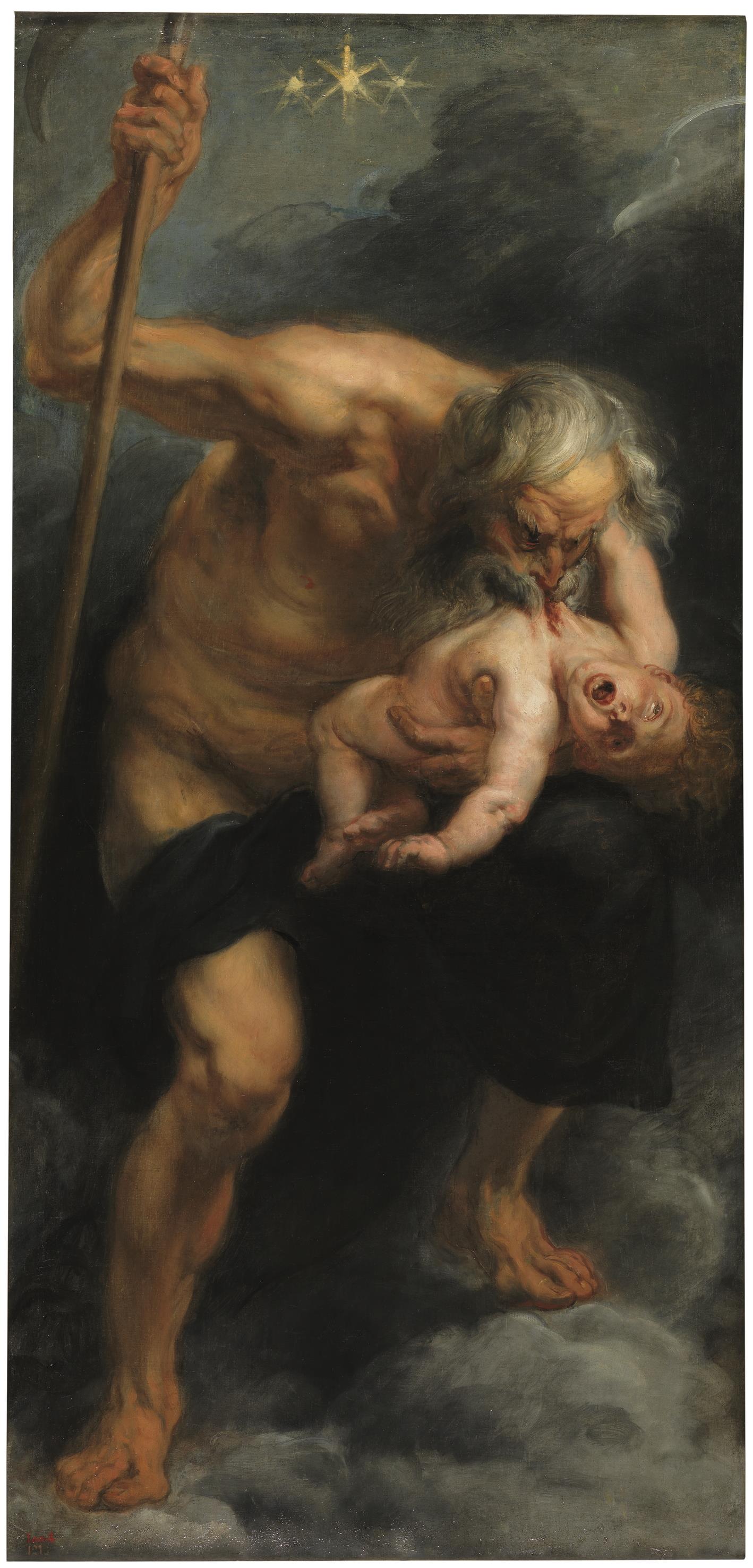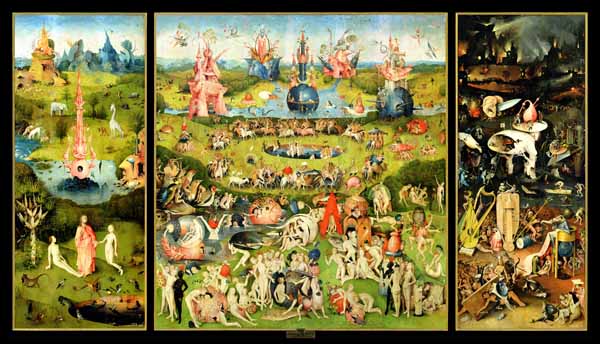Almost three years ago, a few friends and I visited Spain for the summer. It was meant to be a reunion of sorts as we were coming from different parts of the world - Brazil, Italy and England - and meeting some of our mutual friends in Madrid, Burgos and Grenada. I arrived there first, a day ahead of everyone else, and was picked up at the airport 'by surprise' by a friend who I had not seen in over a year.
Her parents lived in Punto, on the outskirts of Madrid and though she spent most of the year in an entirely different continent, her relative familiarity with the city made her our de facto guide. The first place she took me was the Prado Museum. It was afternoon already and we knew we didn't have much time in the museum, so we went immediately to her favourite section - the one exhibiting the Black Paintings of Francisco Goya. Though I did go to the Prado again, once my other friends arrived, it was the paintings of this section that left the biggest impression on me. I was particularly taken by the painting below, which was possibly inspired by the Ruben's painting beneath it (also displayed at the Prado):
Her parents lived in Punto, on the outskirts of Madrid and though she spent most of the year in an entirely different continent, her relative familiarity with the city made her our de facto guide. The first place she took me was the Prado Museum. It was afternoon already and we knew we didn't have much time in the museum, so we went immediately to her favourite section - the one exhibiting the Black Paintings of Francisco Goya. Though I did go to the Prado again, once my other friends arrived, it was the paintings of this section that left the biggest impression on me. I was particularly taken by the painting below, which was possibly inspired by the Ruben's painting beneath it (also displayed at the Prado):
Goya's Saturn Devouring His Son c. 1819-1823
Ruben's Saturn Devouring His Son (1636)
The paintings depict the Greco-Roman myth of Chronos (Saturn) the Titan devouring his children because he had heard it prophesied that one of them would overthrow him. (There seem to be many such narratives in Greek and Roman mythology - the story of Oedipus springs to mind)
I find the former painting to be more potent in its imagery than the latter, despite the latter being more refined. The crazed, desperate look in Saturn's eyes as he peers out of the darkness leaves a particularly haunting impression. I have read on one blog that this painting can be seen as an allegory "on the situation in a country [Spain] that was consuming its own children in bloody wars and revolutions". I think this is an apt way of explaining the imagery as the painting was made weeks after the French declared their war on Spain. (On the other hand, contemporary accounts also say that Goya was also experiencing the onset of paranoid dementia at the time, so that could have had an effect to!)
These were also some of the memorable paintings I saw at the Prado:
Velazquez's The Triumph of Bacchus (1629)
Hieronymus Bosch's Garden of Earthly Delights Triptych (1490-1510)
`16.03.2012
Birmingham
Birmingham
.jpg/326px-Francisco_de_Goya,_Saturno_devorando_a_su_hijo_(1819-1823).jpg)

.jpg)



